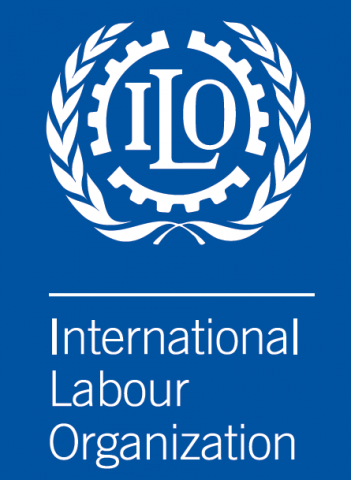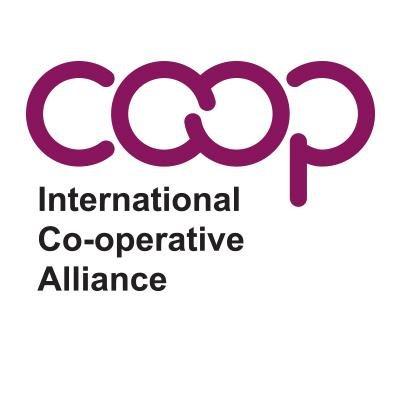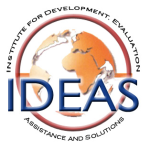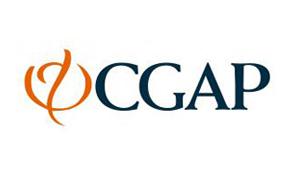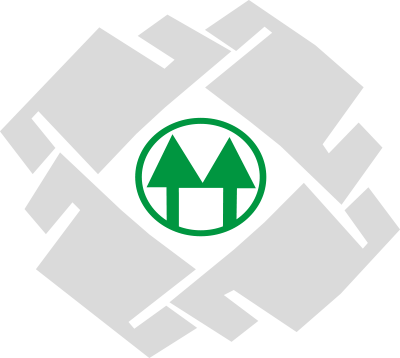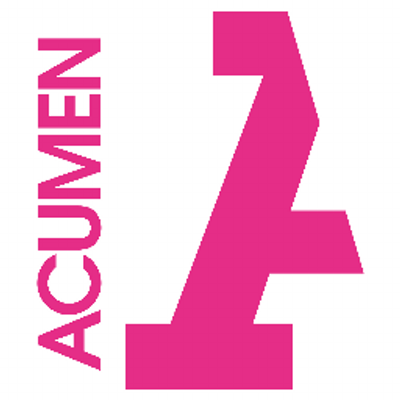The International Labour Organization, a UN-organization headquartered in Geneva, maintains extensive information on this site about labor practices worldwide, including sections on cooperatives and community development (“social”) finance. Read more about International Labour Organization...
